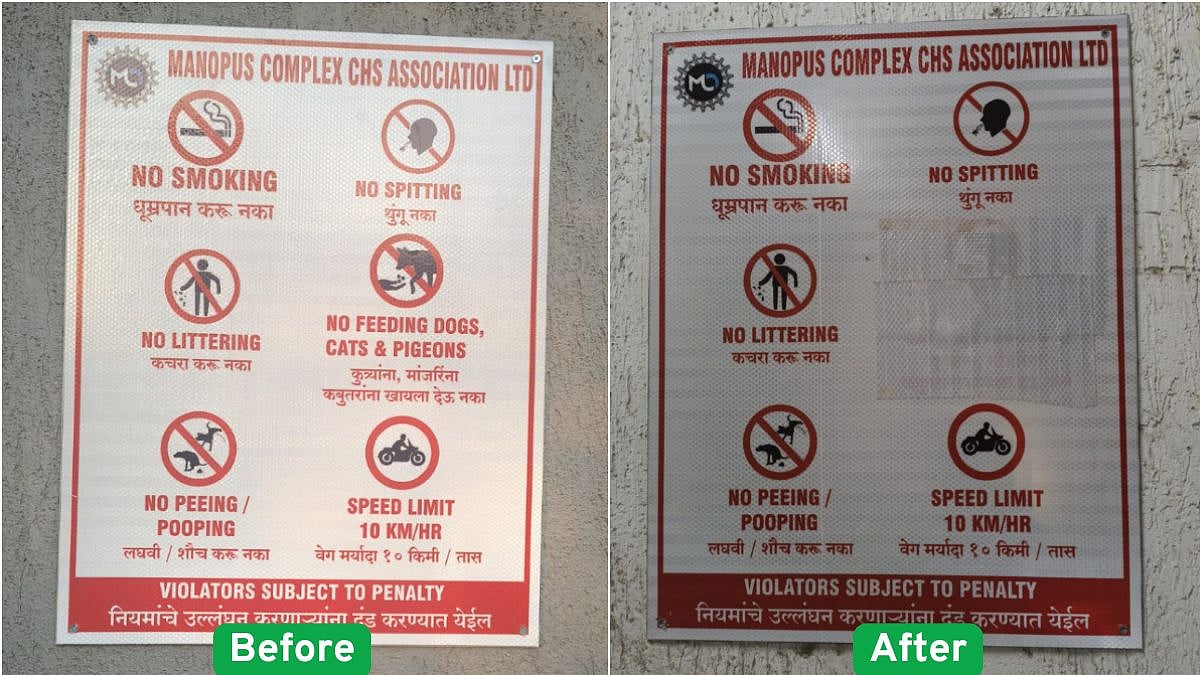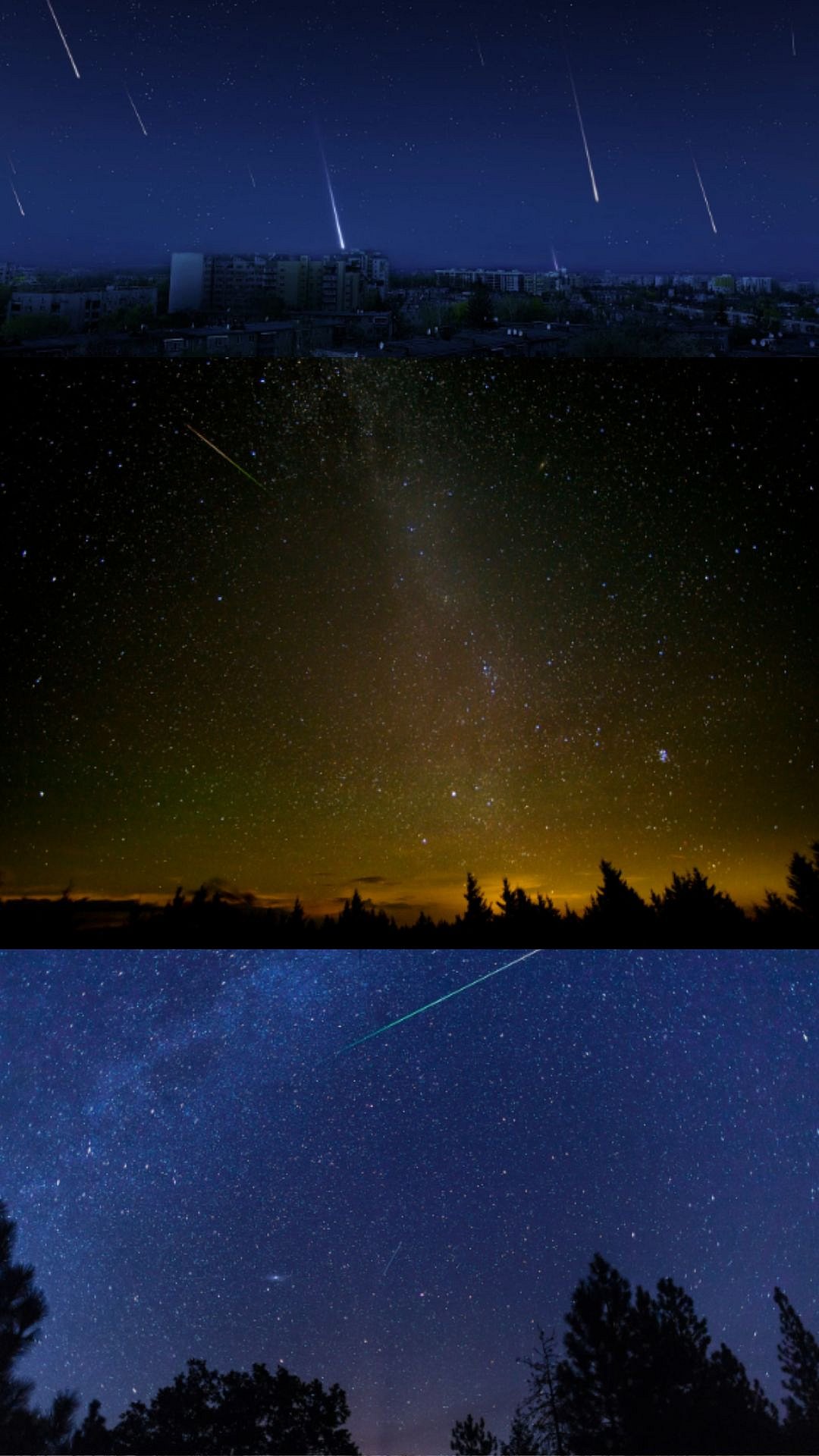After being postponed multiple times, NASA's Artemis I mission is finally launched today, November 16, 2022. There are no astronauts on board for this mission to the moon, which will lasts nearly a month, concluding on December 9, 2022.
The Space Launch System rocket is carrying the Orion capsule on a demonstration mission for NASA’s lunar program. Surprisingly, the Artemis I will not land on the moon, but rather it will orbit nearby for 26 days before returning to Earth.
The rocket was launched from NASA’s Space Launch System at Kennedy Space Center in Florida.
About the mission:
The Artemis mission is said to be a series of missions with multiple goals, including astronauts returning to the lunar surface for the first time since the Apollo era. This mission was supposed to launch earlier, but due to a variety of factors, including Hurricanes Ian and Nichole, it was postponed until today. The budget has also outperformed expectations by billions of dollars. It is a mission that will help NASA plan for a forthcoming expedition to Mars in the 2030s.
During the mission, the Artemis I will cover a total distance of 1.3 million miles (2092147.2 km) over the course of the mission.
Orion is said to be as close to the moon as 60 miles above the moon's surface, before moving forward towards the wide orbit around the lunar body.
And while returning, the Orion will use the gravity of the moon to assist it in setting a trajectory back into Earth’s orbit.

The following are the reasons for the mission's delay:
The first launch of Artemis 1 was scheduled for August 29 from Cape Canaveral in Florida. But an issue with one of the engines kept the spacecraft grounded. Later, a fuel leak scrapped another launch attempt on September 3. Later in the month, Hurricane Ian caused yet another delay.
Even though the Hirrican Nichole winds in the last week didn't do much damage, but a 10-foot section near the Orion capsule had pulled away. As it was not that significant, they continued the launch without delaying it anymore.
The rocket had a hydrogen leak during the final countdowns, which could have delayed the launch, but a small team called the 'red team' was sent to the launchpad's blast danger area' to fix the problem.
What was the cost to build the entire mission:
NASA is spending billions of dollars on the 322-foot-tall rocket for this mission. Its internal watchdog, NASA, has already spent more than $40 billion, and after its first crew landing, more than $39 billion is expected to be spent.
When will the mission return to Earth, and what are the plans for the future?
The mission is only 25 and a half days long, and it is scheduled to return to Earth on December 11, splashing down in the Pacific Ocean.
The next Artemis 2 is expected to fly on the moon along with astronauts in 2024. The third Artemis mission, scheduled for 2025, will include astronauts as well as the first person of color on the moon.
More than 100,000 people gathered to watch the launch live in Florida.









